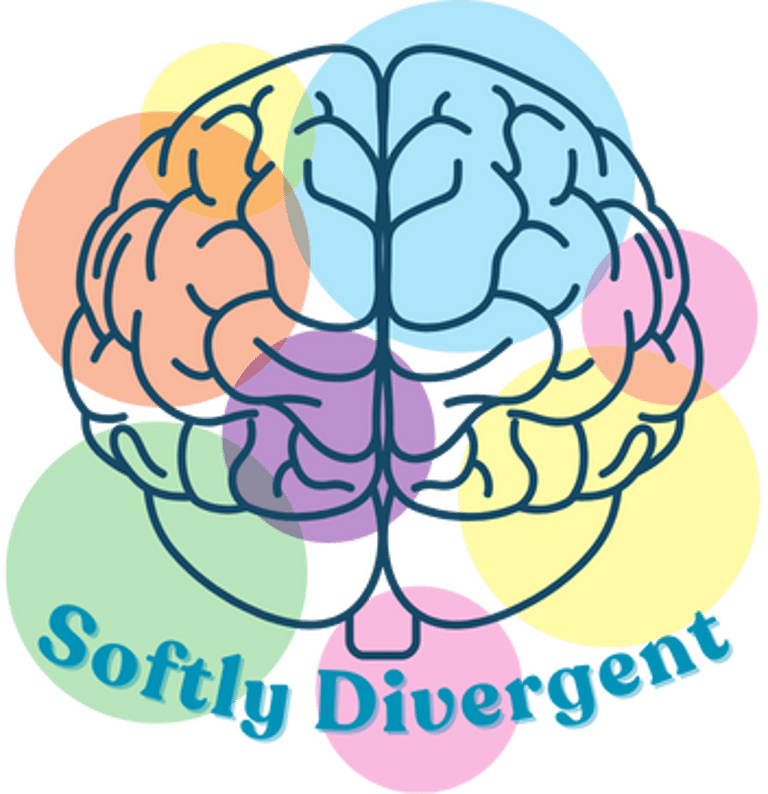Time Blindness – Living outside the clock
Time doesn’t flow the same for everyone. If you often feel lost in time, you’re not alone — and you don’t have to fight it alone either.
8/9/2025
Time passes — but I don’t always notice.
Sometimes I blink and three hours are gone.
Other times, ten minutes feel like eternity.
I either start too early, or way too late.
I lose track of how long things take.
And when I look at the clock… I still don’t feel it in my body.
That’s time blindness.
And no — it’s not just “bad time management.”
Time blindness is a neurological experience.
It means I can’t always sense the passing of time in a linear, predictable way.
I don’t have an internal clock that says: “You’ve been scrolling for 45 minutes,”
or “It’s time to stop now and switch tasks.”
I’m either fully immersed or completely disconnected.
This makes ordinary things harder than they seem:
Planning how long something will take
Starting at the “right” moment
Remembering appointments
Transitioning between tasks
Being “on time” without feeling rushed or frozen
It’s like trying to move through life in a fog —
without a map, and with no idea what time sunset is.
Sometimes, people think I’m lazy or irresponsible.
But the truth is: I’m often doing my best… just inside a brain that loses track.
I don’t need more alarms or stricter routines.
I need understanding.
Tools that support how my time works.
Gentle structure. Grace when I get it wrong.
If you live like this too —
constantly “catching up” or “running behind” without knowing why —
you’re not alone.
And you’re not broken.
You’re just outside the clock.
And that’s okay.
Soft reminder:
Time is a construct — but your pace is real.
Move gently with it.
If you’re looking for a neurodivergent-friendly way to see your time more clearly,
you might like the Time Wheel — a visual tool I created to support soft planning and time awareness.
No pressure — just explore if it feels right for you.
Softly Divergent
A neurogentle space for humans who feel too much
CONTACT
© 2025 Softly Divergent. All rights reserved.
This site is created with care and calmness.
Newsletter
